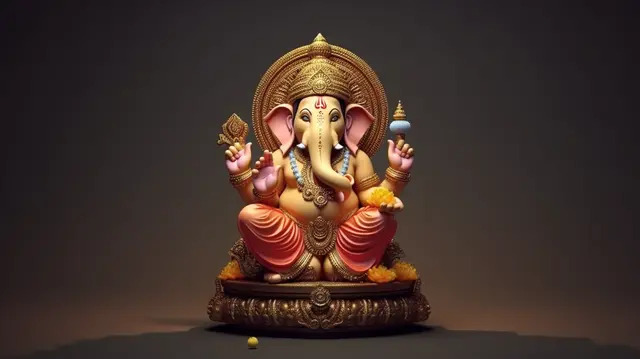Introduction
Introduction
The concept of God has fascinated and inspired humanity for millennia. Across cultures and throughout history, people have sought to understand the divine, finding in it a source of comfort, guidance, and meaning. This blog aims to explore various perspectives on God, delving into religious, philosophical, and personal reflections to provide a comprehensive understanding of this profound and enduring concept.
The Diverse Faces of God
God in Major Religions
- Christianity: In Christianity, God is often understood as a Trinity—Father, Son (Jesus Christ), and Holy Spirit. Christians believe in a personal God who loves, guides, and redeems humanity. The Bible, particularly the New Testament, provides insights into God’s nature and His relationship with mankind.
- Islam: In Islam, God is referred to as Allah. Muslims believe in a singular, all-powerful, and merciful God who is the creator and sustainer of the universe. The Quran, Islam’s holy book, offers a comprehensive guide to understanding Allah’s will and attributes.
- Hinduism: Hinduism presents a more complex and diverse understanding of the divine. There are many gods and goddesses, each representing different aspects of the ultimate reality, Brahman. Key deities include Vishnu, Shiva, and Devi. Hindu scriptures like the Vedas and Upanishads explore the multifaceted nature of the divine.
- Buddhism: While Buddhism does not focus on a creator God, it acknowledges the existence of divine beings and the ultimate truth or reality, often referred to as Nirvana. The Buddha’s teachings emphasize the path to enlightenment and liberation from suffering.
- Judaism: In Judaism, God is viewed as a singular, omnipotent, and omniscient being who established a covenant with the Jewish people. The Hebrew Bible, or Tanakh, contains the history, laws, and teachings that reveal God’s nature and expectations.
Philosophical Perspectives
- Deism: Deists believe in a creator who set the universe in motion but does not intervene in human affairs. This view emphasizes reason and the observation of the natural world as a means to understand God.
- Pantheism: Pantheists see God as synonymous with the universe and nature. Everything that exists is a manifestation of the divine, and there is no distinction between creator and creation.
- Agnosticism and Atheism: Agnostics maintain that the existence of God is unknown or unknowable, while atheists assert that there is no God. Both perspectives challenge traditional notions of the divine and encourage critical examination of religious beliefs.
Personal Reflections on God
For many, the concept of God is deeply personal and experiential. People’s relationships with God can be shaped by their upbringing, culture, personal experiences, and inner reflections. Here are a few personal perspectives:
- The Comforter: Some find in God a source of comfort and solace during difficult times. Prayer and meditation can provide a sense of peace and connection to something greater than oneself.
- The Guide: For others, God serves as a moral compass, guiding them in making ethical decisions and leading a life aligned with higher principles.
- The Mystery: Many embrace the mystery of God, finding beauty in the unknown and the unknowable. This perspective accepts that some aspects of the divine are beyond human comprehension.
- The Presence: Some feel God’s presence in everyday moments—in nature, in relationships, and in acts of kindness. This presence can be a reminder of the sacredness of life.
Conclusion
The concept of God is a rich and multifaceted tapestry woven from the threads of various religious, philosophical, and personal perspectives. It is a journey that invites exploration, reflection, and an openness to the profound mysteries of existence. Whether one believes in a personal deity, a universal spirit, or finds meaning in the search itself, the quest for understanding God continues to be a central and enriching aspect of the human experience.

